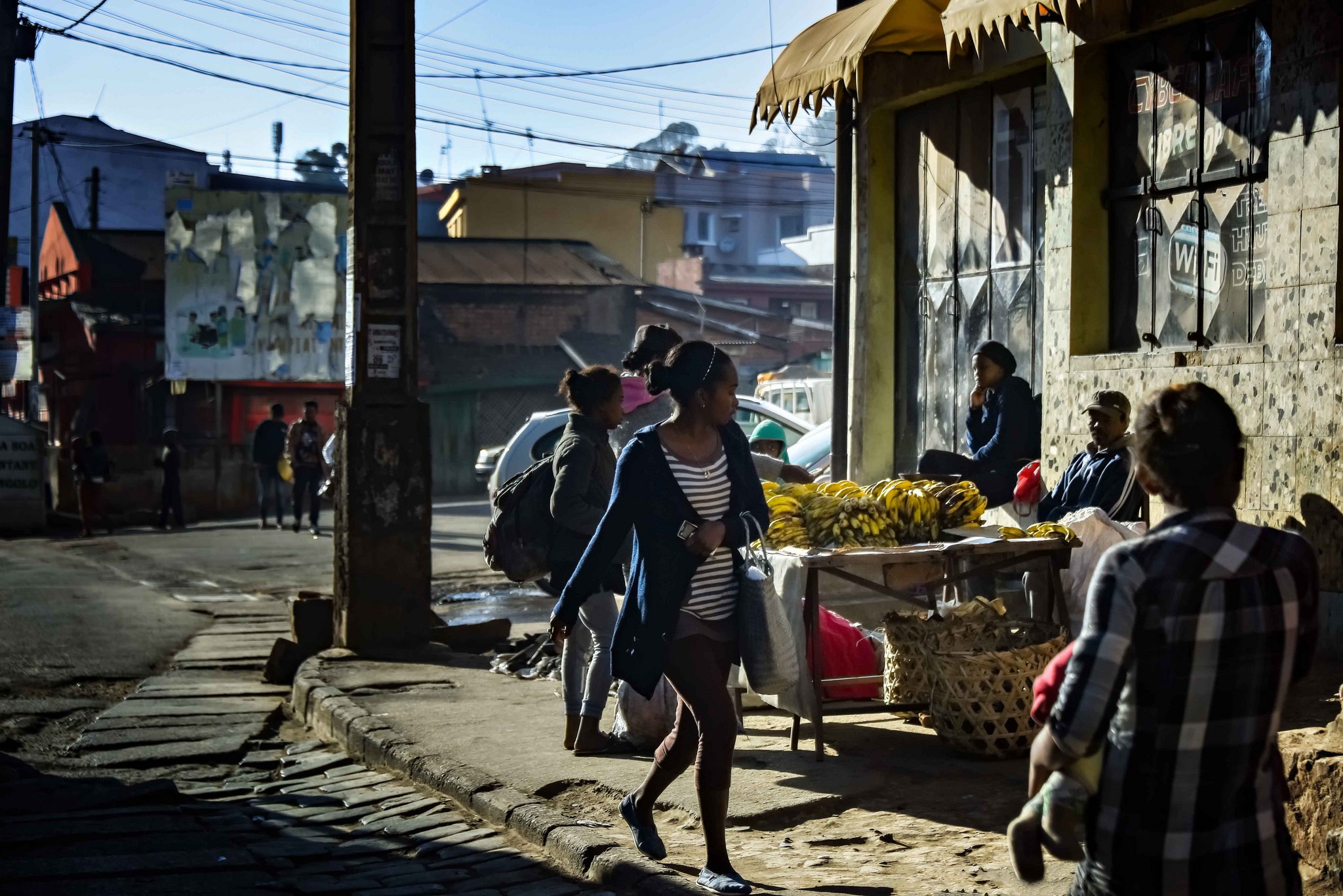
Madagascar’s December 19 presidential runoff was won by Andry Rajoelina, a former disc jockey, who secured 56 per cent, according to the electoral commission. Marc Ravalomanana garnered 44 per cent of votes. He has asked for a review of the poll result, alleging the vote was marred by fraud.
The runoff was held after none of the 36 candidates who ran in the first round of voting on November 7 won more than 50 per cent of the vote. The electoral commission said on November 17 Mr Rajoelina won 39.2 per cent of the vote, while Mr Ravalomanana got 35.3 per cent. Hery Rajaonarimampianina, the incumbent, was far behind in third place with 8.8 per cent as he was blamed for failing to revive the economy since he took office in 2014.
Mr Ravalomanana led the Indian Ocean nation, the world’s biggest producer of vanilla, from 2002 to 2009, before being deposed by Mr Rajoelina, with the help of the military, amid popular frustration with his rule. A deal between the government and Daewoo, the South Korean company, to lease a huge tract of farmland to grow food crops to send back to South Korea was one of the major sources of popular resentment as crops would have been exported from a country where aid agencies were battling rural starvation and Daewoo expected to pay nothing for the land (Mr Rajoelina cancelled the plan when he became president). Clashes between protesters and security forces left scores of people dead.
The 2009 coup plunged Madagascar into a prolonged political and financial crisis as donors, which contributed 70 per cent of government spending, cut sharply financial assistance.
Mr Rajoelina and Mr Ravalomanana were both barred from running in the 2013 election that brought Mr Rajaonarimampianina to power.
In spite of being endowed with minerals and oil and gas reserves, Madagascar is one of the poorest countries in the world, with three-quarters of the country’s nearly 25m people living on the equivalent of $1.90 a day. Annual income per head is about $400.
The Indian Ocean island-nation is projected to expand by 5 per cent in 2018, according to the International Monetary Fund.
Photo: Rod Waddington